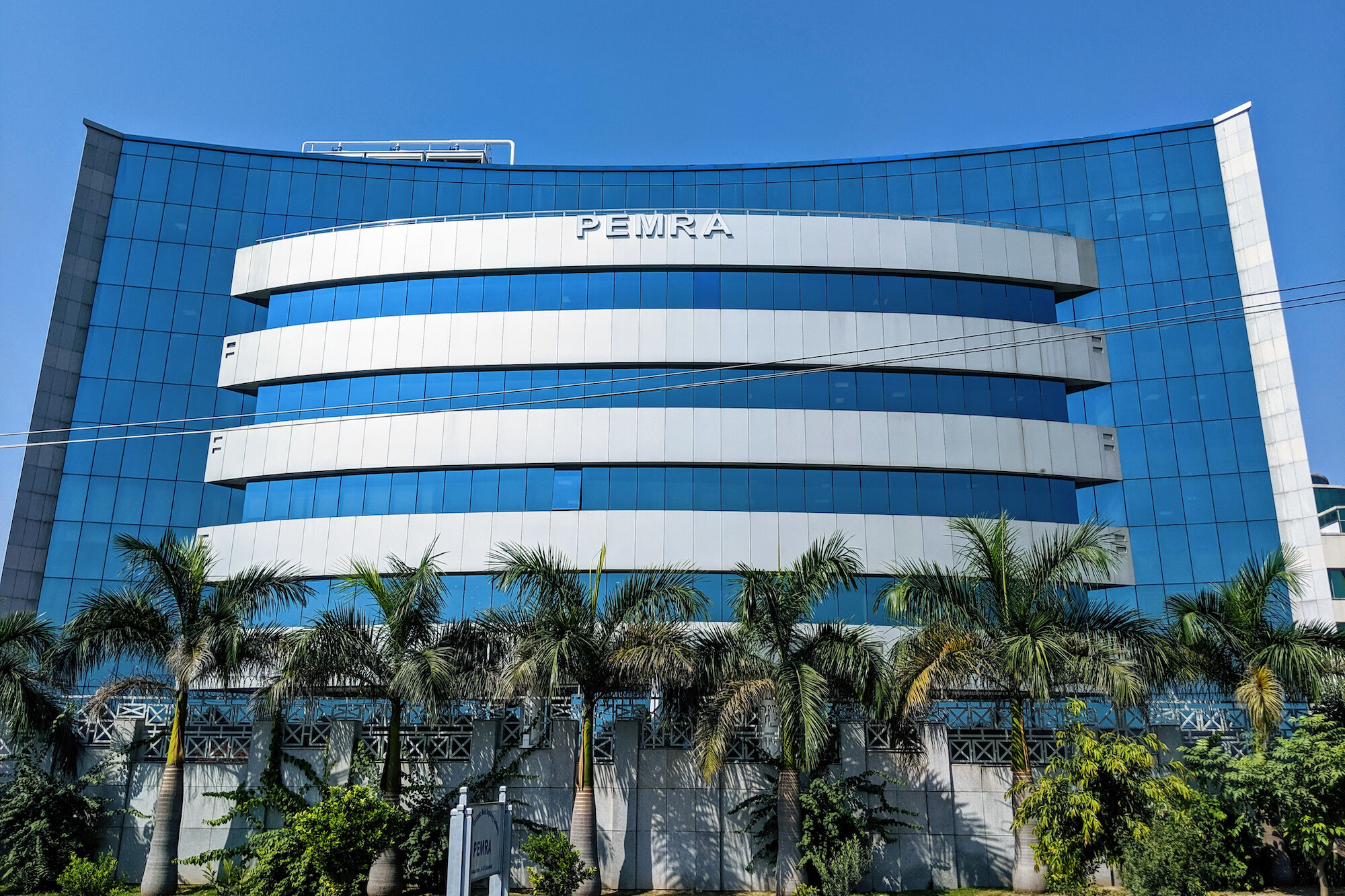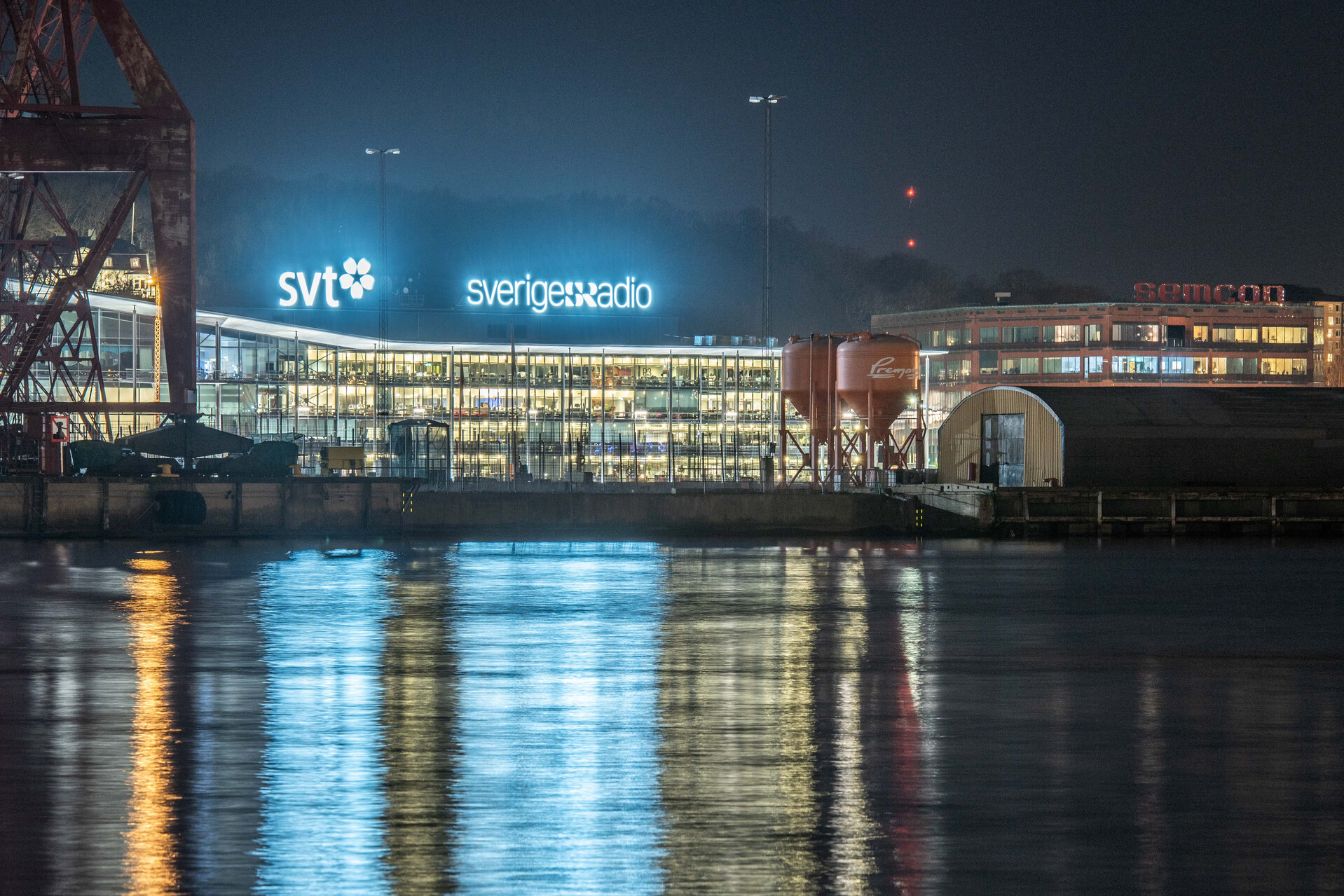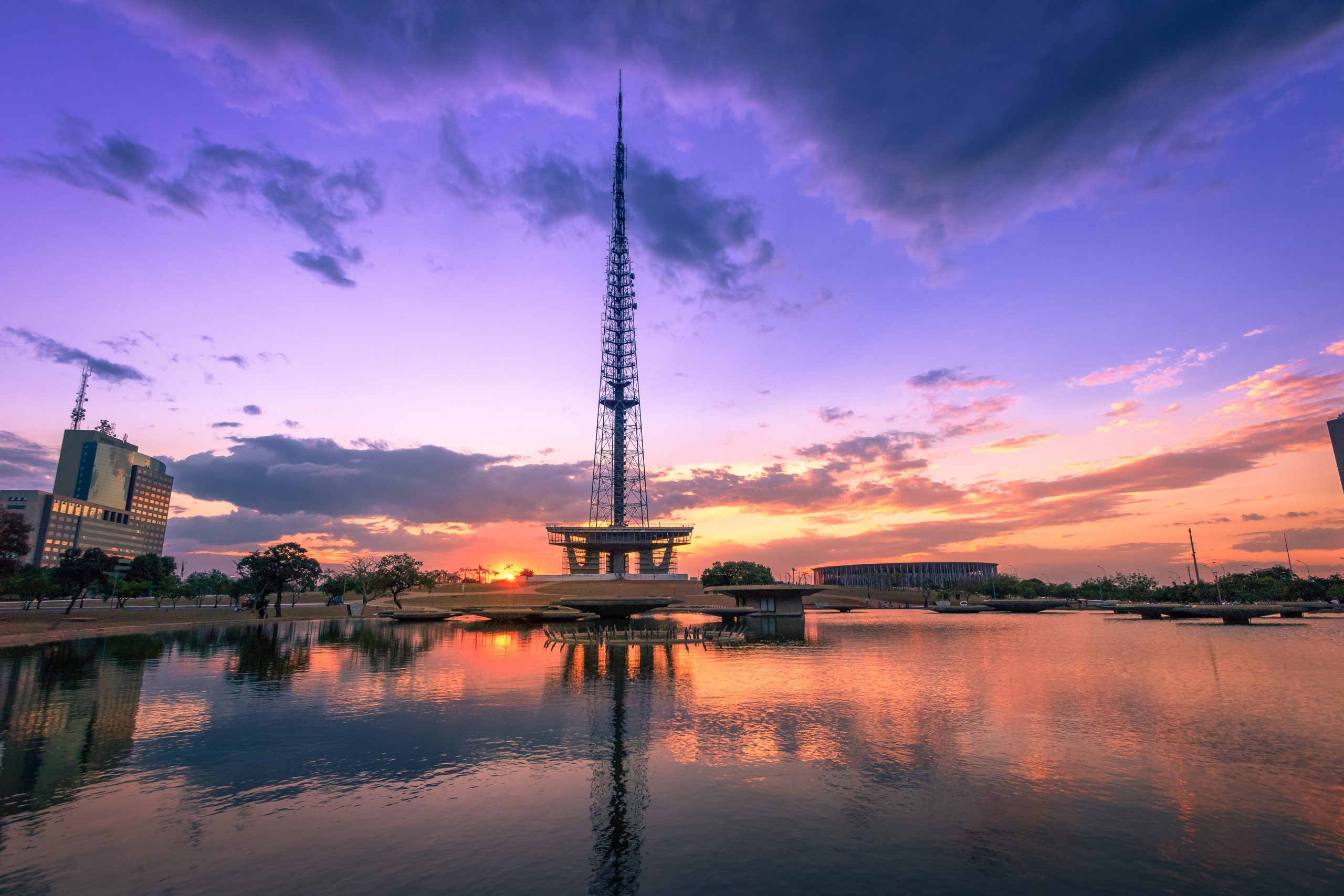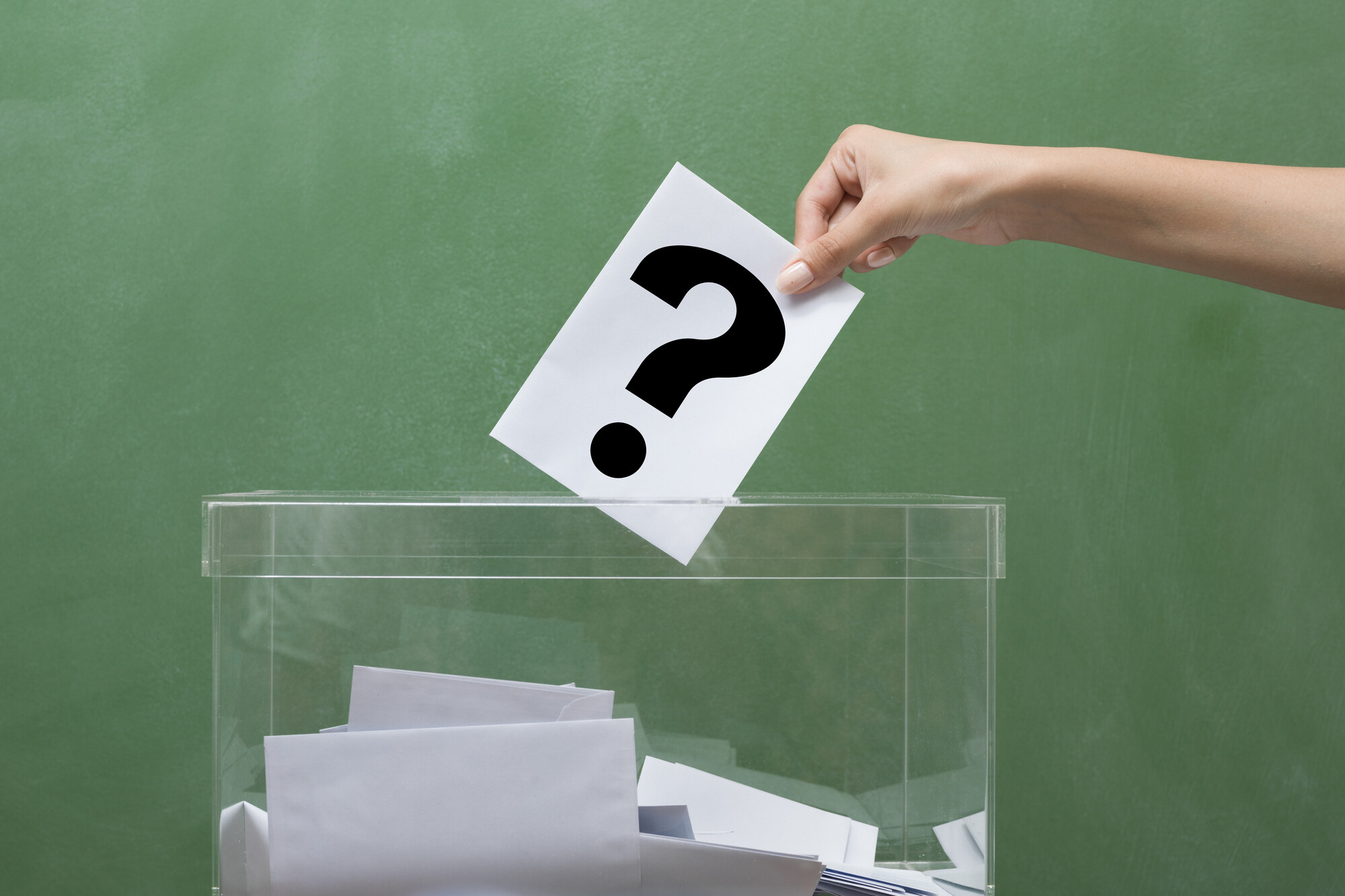Nigeria Election: Threats, sanctions, and disinformation
20th March 2023
In the run up to Nigeria’s presidential elections 2023, journalists in Nigeria had already started to highlight safety concerns to the CPJ.
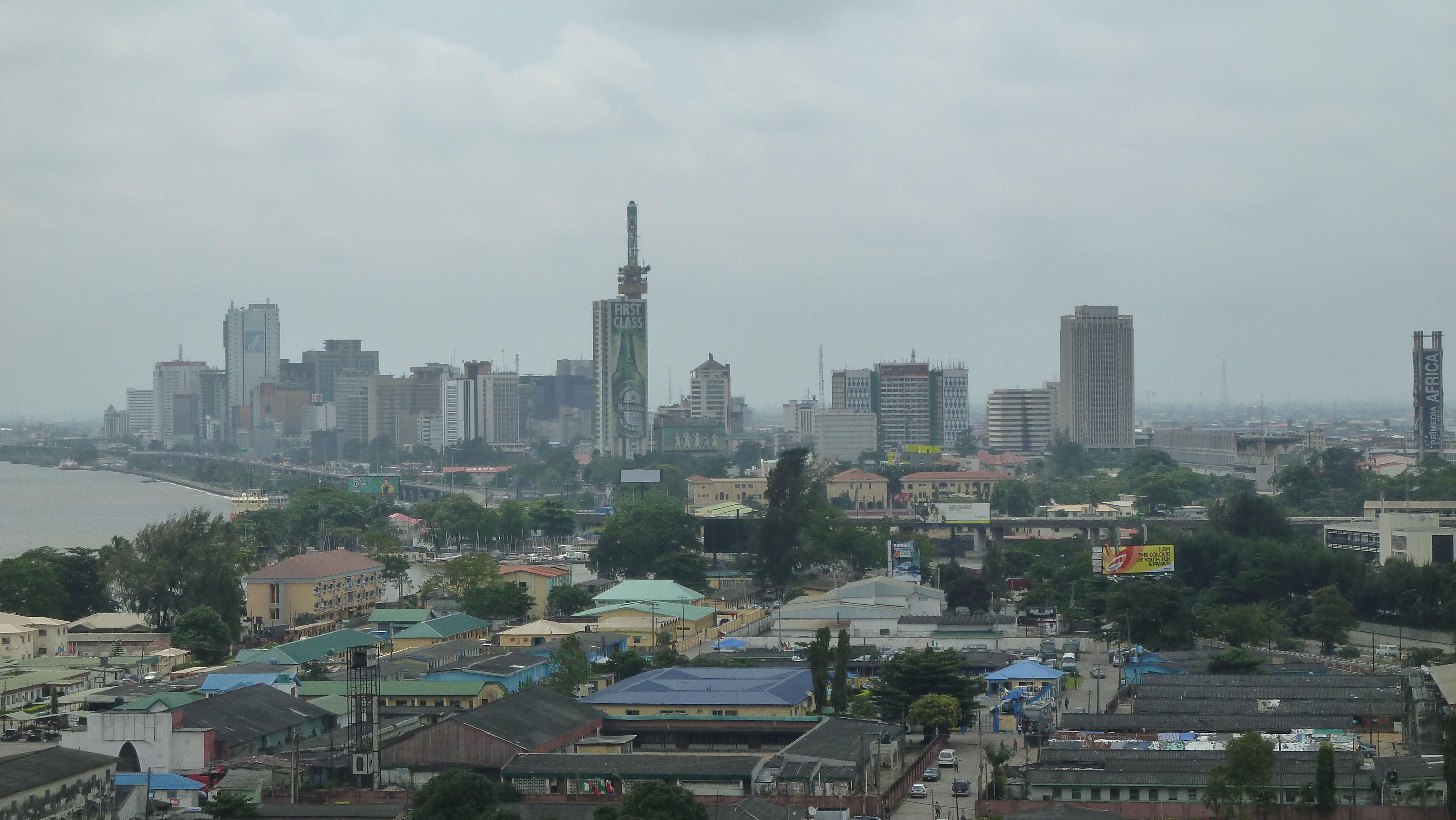
“The 2023 election, which is some months away, by all indications, is perhaps, going to be one of the most seriously contested in the country’s political history.” is how The Guardian Nigeria anticipated the election back in March 2022.
However, the consequential election has featured attacks on journalists, restrictions to the media, and a proliferation of mis- and disinformation.
The Committee to Protect Journalists (CPJ) reported that during Nigeria’s presidential elections, that took place last month, 14 journalists were harassed, detained, attacked and threatened whilst covering Nigeria’s election.
Read more: How election results can impact PSM
According to the police report obtained by Independent Newspapers Limited, Haruna Mohammed Salisu, the owner of private news website WikkiTimes was arrested by the police during the election and charged with one count of inciting public disturbance. Although he was released on bail 9 March, the police continue to withhold the release of two SIM cards despite a magistrate court order.
“Nigerian authorities should immediately and unconditionally release journalist Haruna Mohammed Salisu, and bring to account all those responsible for intimidating and attacking at least 13 other journalists and media workers,” CPJ’s Africa program coordinator, Angela Quintal said. “Press freedom is an integral component of Nigerian democracy, and the media should be able to cover national polls without fear of reprisals.”
Mr. Salisu has refuted all allegations and denied any wrongdoing.
“Political expression is a fundamental right. … Such unlawful prohibition may prevent transparency and dissemination of information on legitimate issues of public interest around the 2023 general elections.” Kolawole Oluwadare, SERAP Deputy Director.
CPJ said that according to their interviews, at least 14 journalists were attacked, while still others were from covering the election preparation process.
Nigeria is not new to election disruptions. The 2015 election was mostly peaceful but the 2019 election had both main political parties – the All-Progressives Congress (APC) and the People’s Democratic Party (PDP) – accusing one another of spreading disinformation. The same 2019 election was also marred by violence.
This year, ahead of the 2023 elections there had been an outburst of fake news and divisive content across social media platforms. Though social media is a great sharing information tool used by Nigerians, it was also weaponised to promote the spread of misinformation and disinformation.
The Director of Abuja-based think tank the Centre for Democracy and Development (CDD), Idayat Hassan, told Al Jazeera that misinformation and disinformation are “plaguing this election” she said, “The real motive is either to delegitimise other candidates or to suppress and garner votes.”
A report from the BBC found that as much as ($43,000) the equivalent of 20 million Nigerian naira had been spent by Nigerian politicians to pay off social media influencers to spread fake news and disinformation about opponents.
Even with the explosion of disinformation this election cycle, there has been a considered effort to curb disinformation. Several agencies operating out of Nigeria formed a partnership with the UK-based Full Fact to help expand Nigeria’s fact checking capacity. With a population of over 200 million the level of fake narratives being disseminated around the country can become a struggle and if these are not addressed by fact checkers it means the public continues to encounter unrefuted misinformation.
The Editor of Africa Check, David Ajikobi said, “Full Fact’s AI Tools — which Africa Check helped develop — allow the coalition to monitor news websites, social media pages and transcribe live TV or radio to find claims to fact check,” Ajikobi said. “This has boosted the coalition’s resolve to significantly reduce the spread and impact of election-related misinformation and disinformation.”
Subscribe toour newsletter
Keep updated with the latest public
media news from around the world
A month on…
On 15 March, the National Broadcasting Commission (NBC) sanctioned 25 broadcast stations and gave 16 other stations a final warning over their coverage of the 2023 Presidential and National Assembly elections.
The Commission’s Director-General, Malam Balarabe Ilelah, had issued this warning, according to Sahara Reporters “The NBC is giving its last warning to broadcast stations and will not hesitate to shut or revoke the licence of any when convinced that its activities are capable of undermining the peaceful co-existence of the country… Any further breaches of the Nigeria Broadcasting Code and Act will no longer be tolerated.”
According to The Guardian Nigeria, The Socio-Economic Rights and Accountability Project (SERAP) reached out to President Muhammadu Buhari to help them plead their case with the National Broadcasting Commission (NBC), asking them to withdraw the warning and threats.
In a letter signed by SERAP deputy director Kolawole Oluwadare, the organisation said that the warning, “is clearly incompatible with Nigeria’s constitutional and international human rights obligations.
“Political expression is a fundamental right. The threat by NBC creates a significant risk that legitimate expression may be prohibited. Such unlawful prohibition may prevent transparency and dissemination of information on legitimate issues of public interest around the 2023 general elections.”
But this is not the first time that the government led by outgoing President Buhari has made sanctions inconsistent with the right to freedom of expression and limiting access to information and media freedom. In 2021 after Twitter deleted a tweet by President Buhari, his government “indefinitely suspended” Twitter operations in the country for more than 6 months. Twitter is the fifth most important social network for news in Nigeria and its ban meant a limit on access to information and an infringement on media freedoms.
Although access to internet in Nigeria is increasing with more people joining social media, TV and radio are still the main and most important news sources. This means the suspension of licences could have a dramatic impact on the public’s ability to access news. Meanwhile, the pressure on journalists and the threats to their safety acts could cause journalists to self-censor.
These sanctions and attacks by the government highlight the threats and pressure facing media and journalists in Nigeria. Independent media are critical for providing verified and trusted information to the public, particularly during times of high democratic engagement, such as an election.
Related Posts
29th September 2022
Sweden: Implications for public media after election
Elections in Sweden have seen gains for…
26th September 2022
Censorship, harassment, and misinformation characterise Brazil’s 2022 election
Censorship and harassment at EBC, and…
